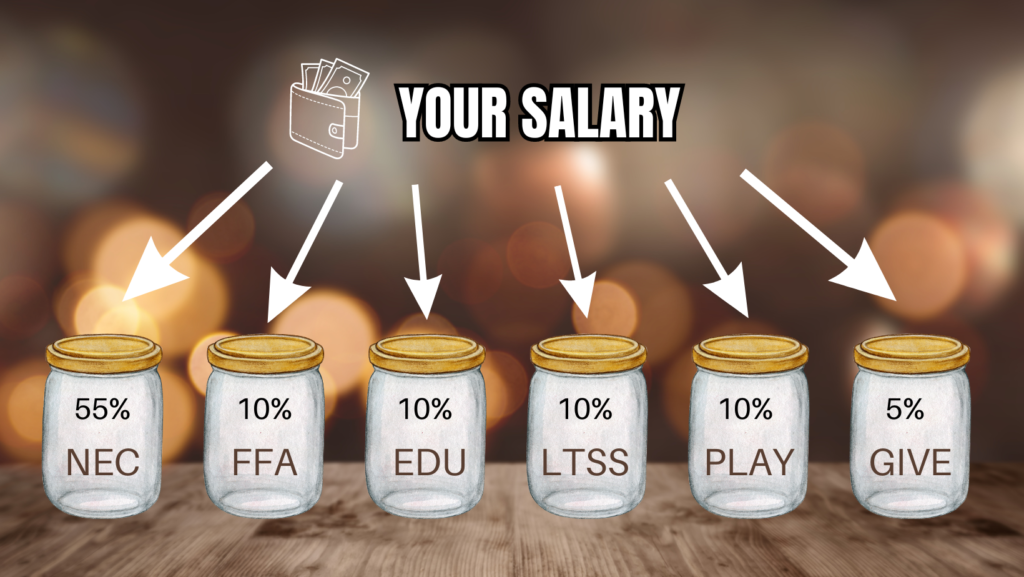BUILDING YOUR OWN WEALTH
Here you will find tips on how to assess your current financial situation and what lies ahead for you.

Calculate your expenses based on the following list of tips. Remember, you’re doing this for yourself, and it will be important for the next steps in managing your financial health.
Housing:
– Rent or mortgage installment
– Utilities (water, electricity, gas)
– Internet and phone
– Administrative costs (garbage collection, cleaning, maintenance fund)
Food:
– Grocery shopping
– Dining out
Transport:
– Fuel
– Car insurance
– Maintenance costs (repairs, inspections)
– Public transportation (tickets, passes)
Health:
– Health insurance
– Medical treatment and medications
– Specialist doctor visits
– Supplements (vitamins, minerals, other dietary supplements)
Education:
– Tuition fees
– Educational materials (textbooks, notebooks)
– Courses and training
Home maintenance:
– Cleaning supplies
– Minor repairs and maintenance
Entertainment and recreation:
– Movies, theater, concerts
– Subscriptions (Netflix, Spotify)
– Hobbies
Insurance:
– Life insurance
– Home insurance
Savings and investments:
– Savings account
– Investments (stocks, bonds)
Other expenses:
– Gifts
– Retirement contributions
– Bank fees
– Clothing and footwear
Based on this list, you will determine the average amount of expenses and categorize them. We will show you how to effectively and simply manage your finances. This method works well for managing the budget of an individual as well as a large corporation.
JAR SYSTEM

Here is the “jar system” by T. Harv Eker summarized:
Divide income into six categories:
55% – Necessities (NEC): Basic living expenses such as rent, food, transportation, bills.
10% – Financial Freedom Account (FFA): Investments and savings aimed at building financial independence.
10% – Education (EDU): Personal development investments, e.g., courses, books, training.
10% – Long-term Savings for Spending (LTSS): Savings for larger expenses like vacations, repairs, or emergencies.
10% – (PLAY): Money allocated for fun and entertainment.
5% – (GIVE): Donations to charitable causes, helping others, gifts.
Consistency: Every month, upon receiving income, allocate it according to these percentage categories without exception.
Flexibility: Adjust proportions as financial circumstances change, but maintaining the principle of consistent allocation is crucial.
This system aims to improve personal financial management by controlling expenses, investing in the future, pursuing education, and enjoying life responsibly.
Thank you for your activity in DuoLife store, which allow us to develop our Club and create new training programs.
